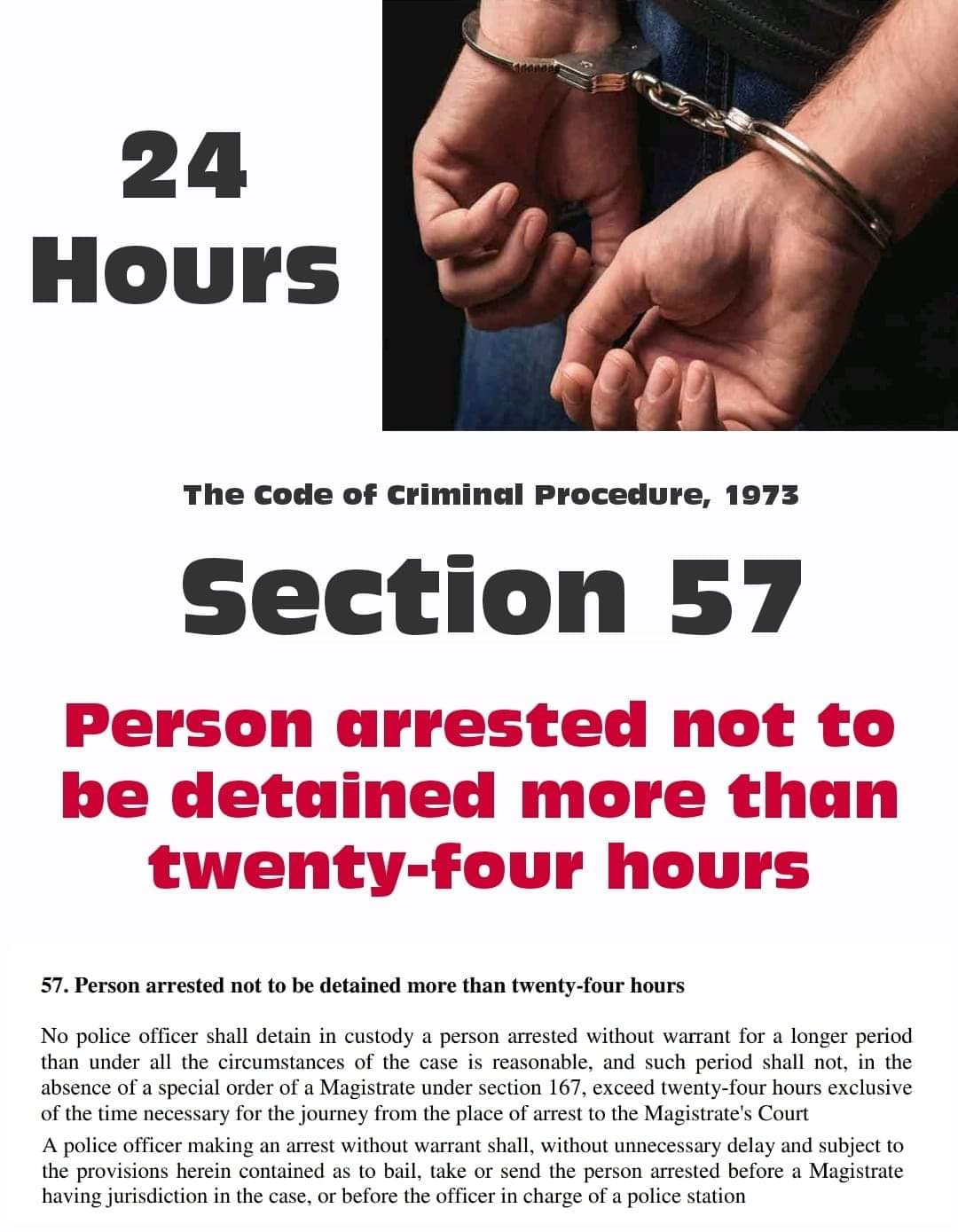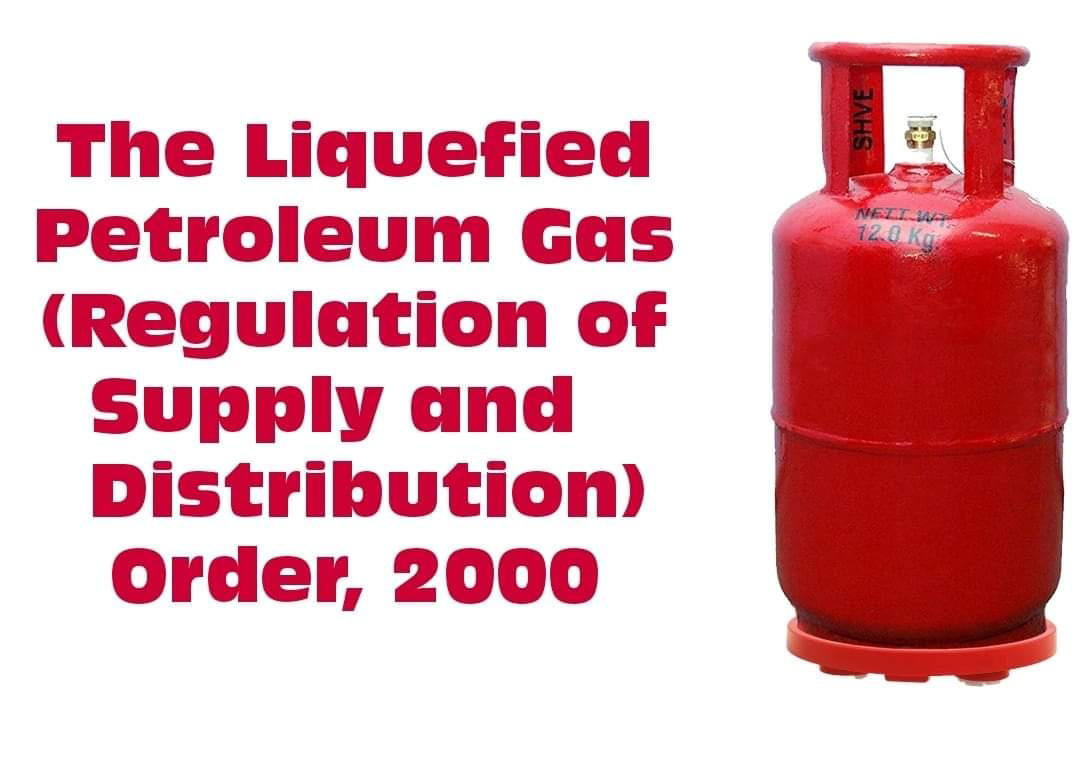Even a weak man can rule a stronger with the help of the law...
"Even a weak man can rule a stronger with the help of the law..." Our ancient 'Upnishads' mention the importance of Law. 'Brihadaranyaka Upanishad' (1 of 13 famous Upnishads in India), mentions: "Law is the power of the kingdom, nor is there aught higher than the law. Even a weak man rules a stronger with the help of the law...". Our Honourable Prime Minister Shri Narendra Modi ji explains this very nicely. Source & Courtesy: PMO India PM Modi's speech on National Law Day 2017. https://youtu.be/c9miHn61hT4







